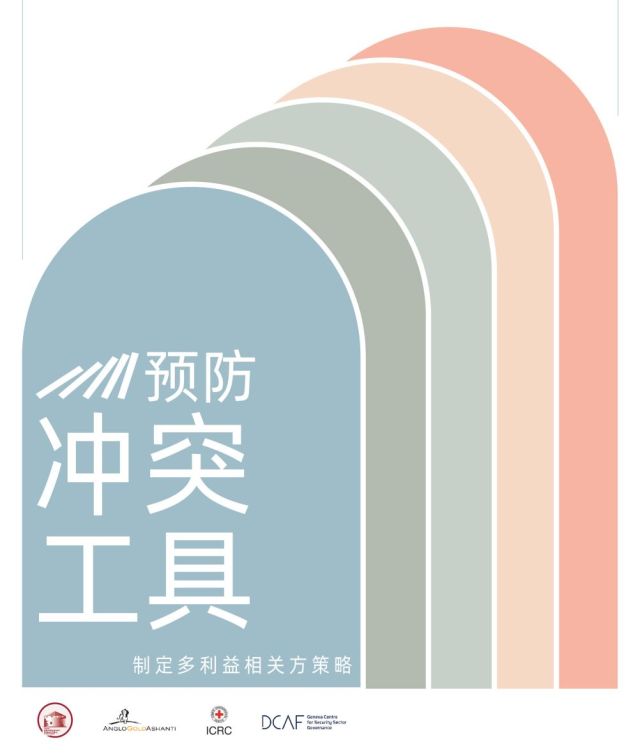Engaging Chinese Business Stakeholders - Conflict Prevention Tool Translation Available Now!

The Conflict Prevention Tool (CPT) was developed through a collaborative partnership of international experts as an innovative framework for conflict management and resolution in relation to business operations.
The overarching goal is to equip companies to proactively identify, analyze, and mitigate conflict-related risks. The CPT is therefore designed with a multi-layered approach in mind, focusing on identifying and analyzing risk indicators at three levels: country, corporate, and site. The CPT supports the collection and synthesis of data gathered from a combination of desktop research and field-based consultations, leading to a practical measurement of conflict drivers to inform responsible stakeholder engagement for businesses operating in conflict-prone areas. A key feature of the CPT is in integrating a conflict prevention mindset across all company functions, fostering proactive risk identification and mitigation, with greater social awareness and responsibility. This is achieved by encouraging different teams within a company – such as enterprise risk, security, sustainability, human resources, procurement, and operations – to collaborate in conflict analysis, thereby ensuring a proactive risk management process, which can potentially reduce the direct and indirect costs of conflict on a company.
In 2024-2025, DCAF-ICRC partnered with the Beijing Rongzhi Corporate Social Responsibility Institute (RZCSRI) to translate and design the tool into Chinese, enabling support to Chinese companies operating in complex overseas environments.
On 12 May, the partners will launch the tool at an event supported and hosted by the Embassy of Switzerland in Beijing. The launch event will gather representatives from government agencies, enterprises, industry associations, and research organizations to discover how the tool can support with resolving security risks from a prevention perspective and integrating security issues into management systems and policies, thus helping companies to build a strong basis for their contributions to the achievement of the Sustainable Development Goals.



